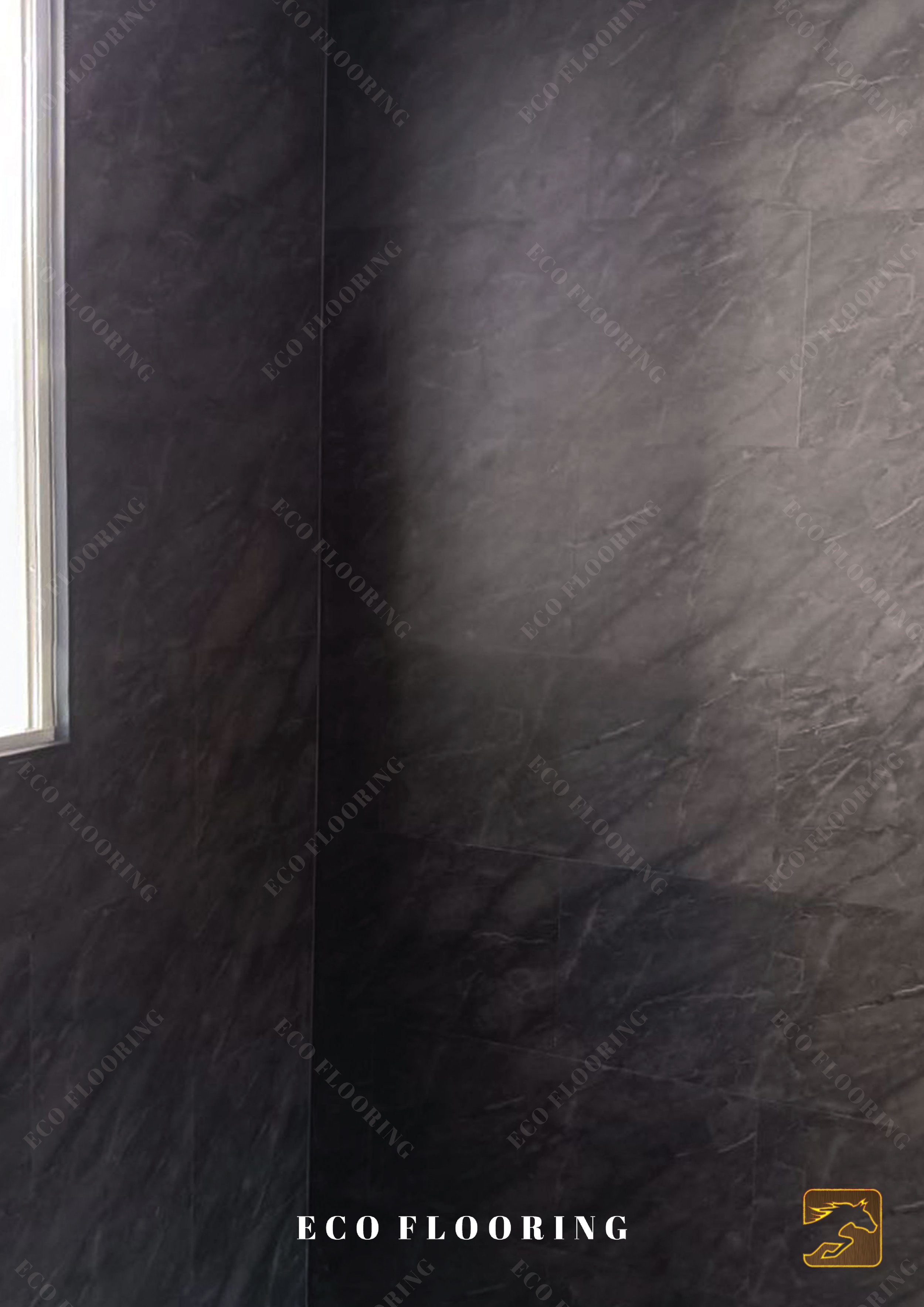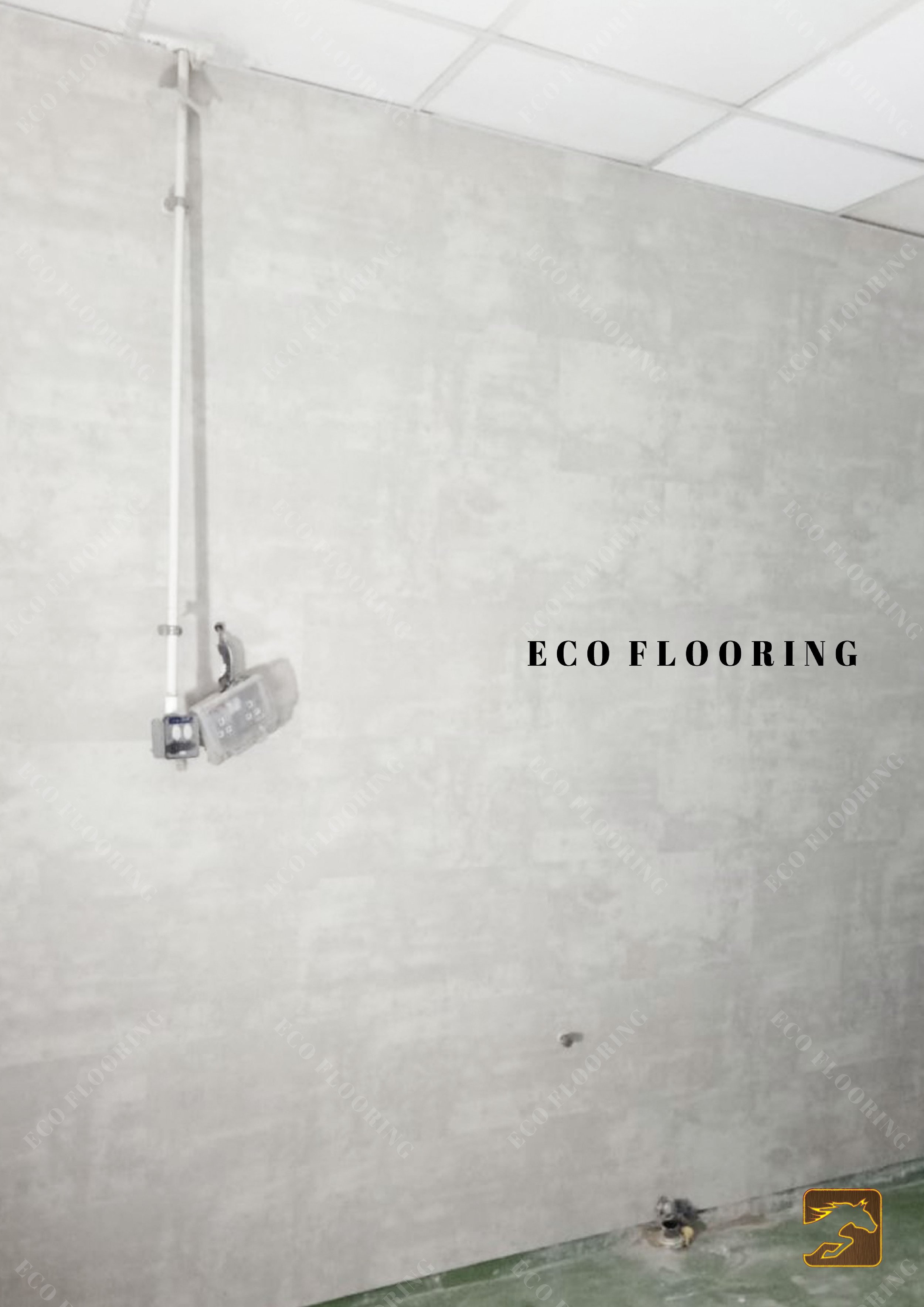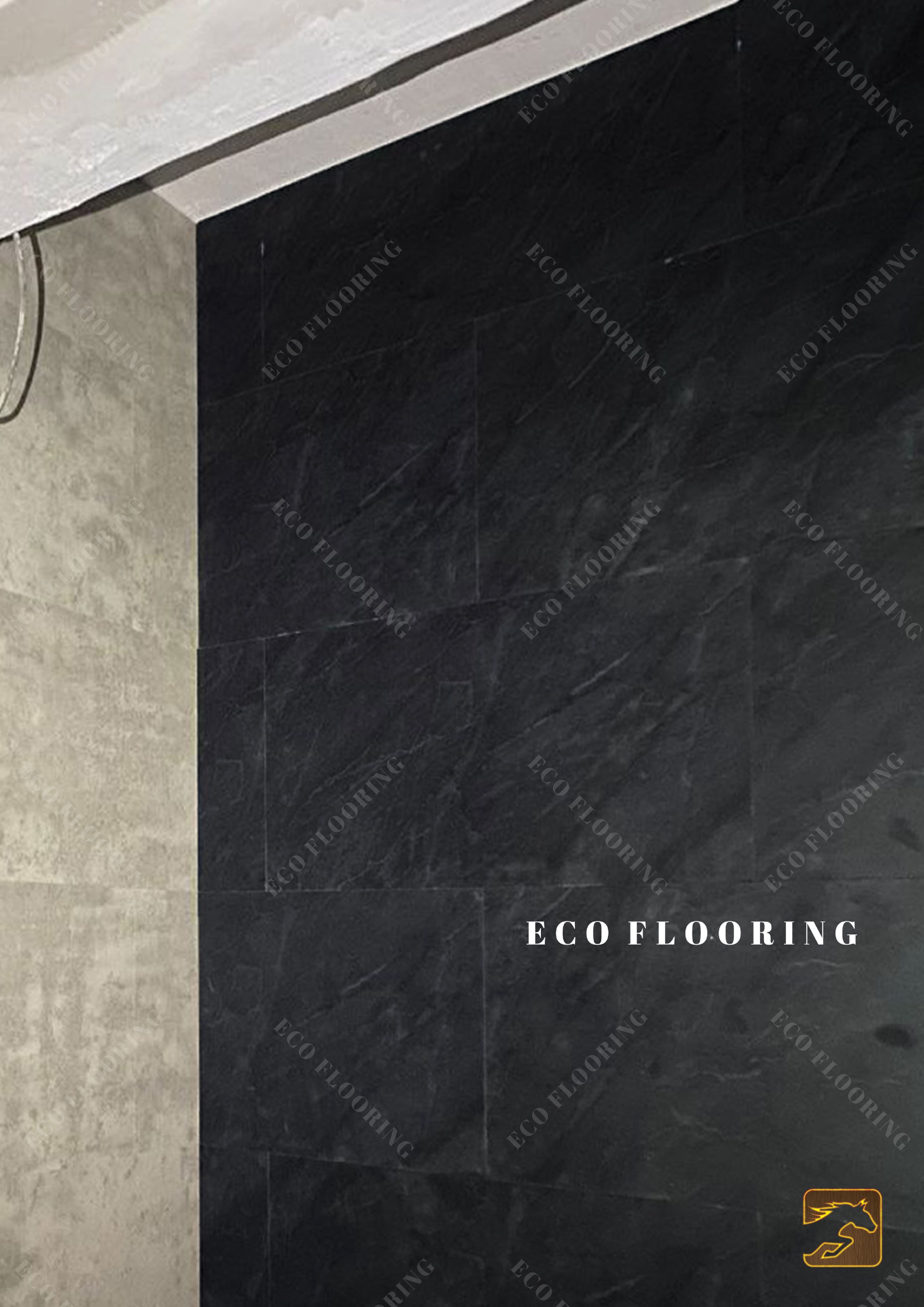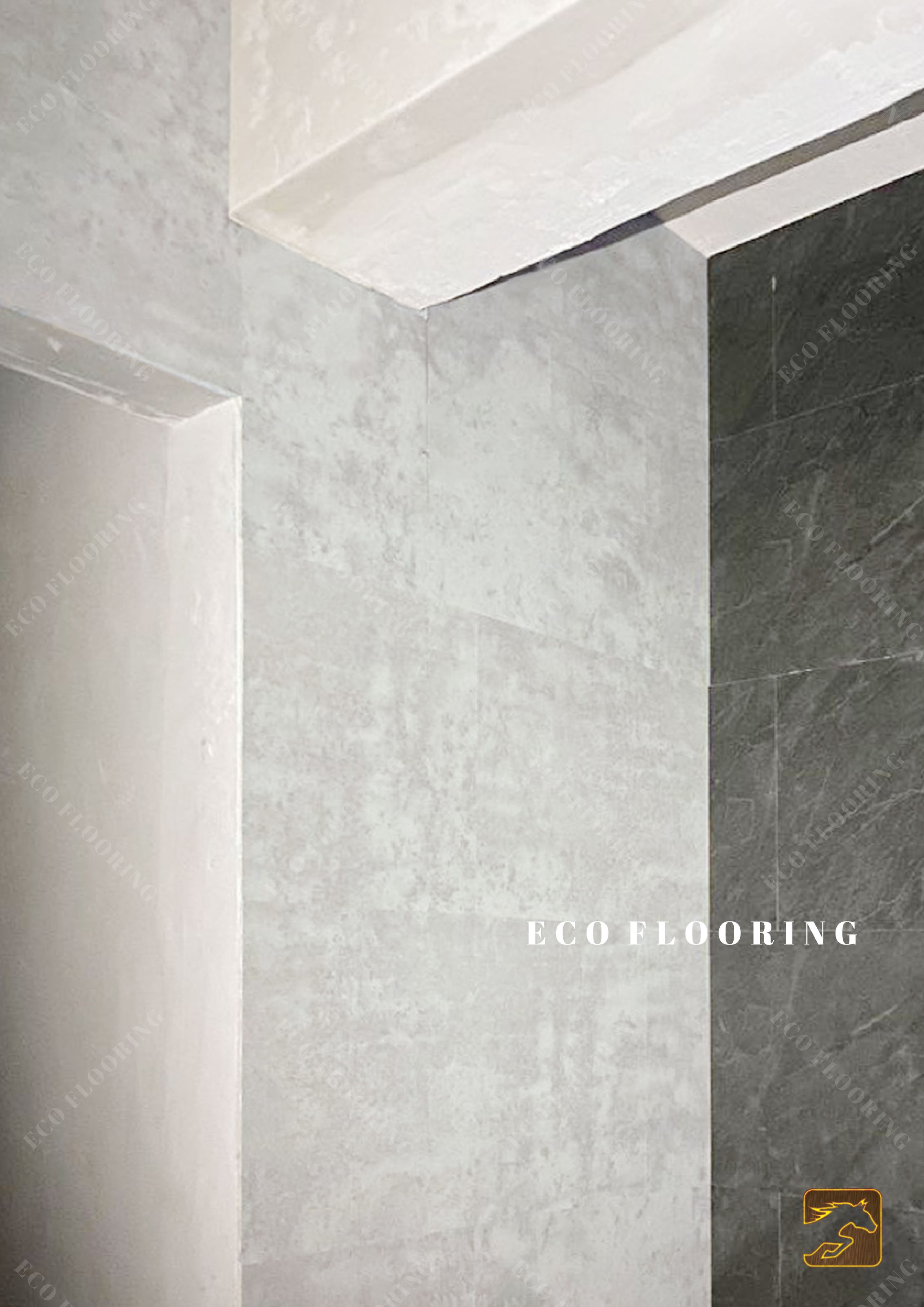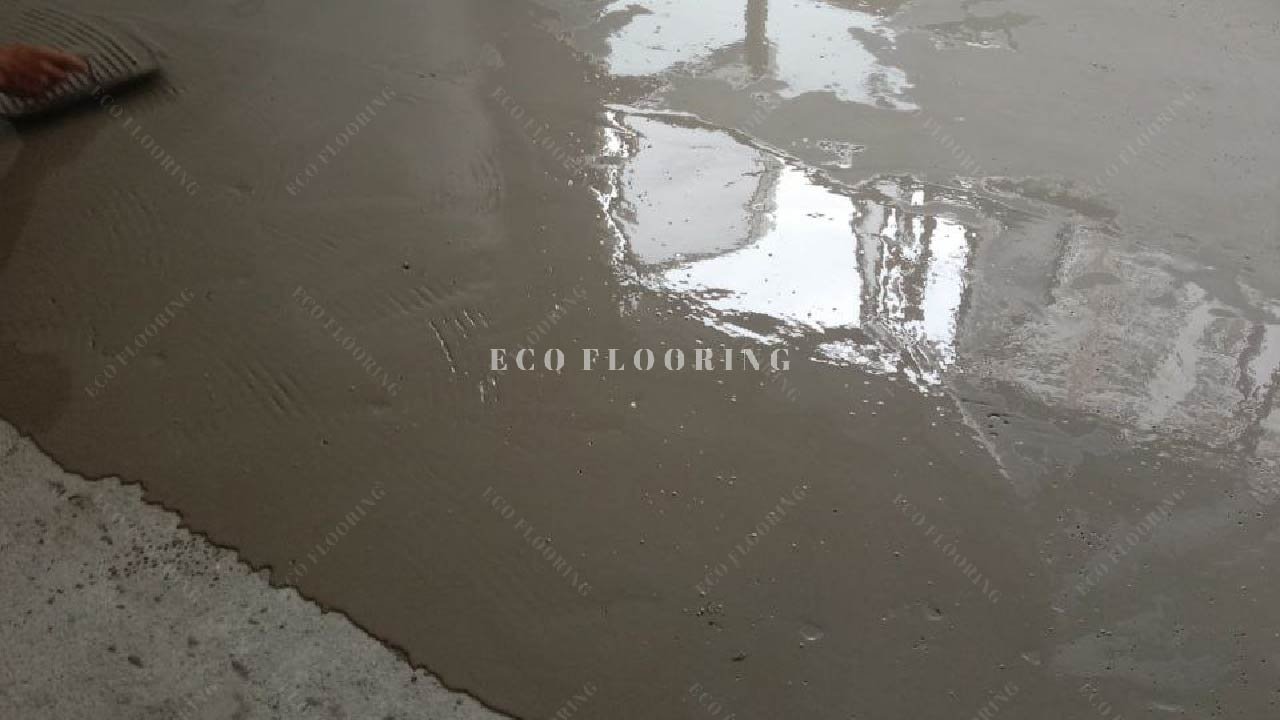When it comes to installing vinyl plank flooring, ensuring a level and smooth surface is paramount to achieving a flawless finish. This is where self-leveling cement comes into play, serving as a crucial preparatory step that sets the foundation for a successful installation. At Eco Flooring, we understand the significance of this process and are here to guide you through the benefits and steps involved in using self-leveling cement before laying vinyl planks.
Creating a Seamless Foundation
Self-leveling cement is a specialized compound designed to create a flat and even surface, eliminating imperfections such as dips, bumps, and unevenness in the subfloor. This ensures that the vinyl planks adhere properly and lay flat, preventing any unsightly gaps or unevenness in the finished floor. By addressing subfloor irregularities before installation, self-leveling cement helps to create a seamless foundation that enhances the overall appearance and longevity of the flooring.
Ensuring Proper Adhesion
One of the key advantages of self-leveling cement is its ability to improve the bond between the subfloor and the vinyl planks. By filling in gaps and irregularities, self-leveling cement creates a smooth and uniform surface that promotes better adhesion and stability. This helps to prevent issues such as peeling, lifting, or shifting of the vinyl planks over time, ensuring a durable and long-lasting flooring solution for your space.
Enhancing Moisture Resistance
Another benefit of using self-leveling cement is its ability to improve moisture resistance in the subfloor. By creating a solid and impermeable layer, self-leveling cement helps to prevent moisture from seeping up through the subfloor and affecting the integrity of the vinyl planks. This is particularly important in areas prone to high humidity or moisture, such as basements, bathrooms, or kitchens, where proper moisture management is essential to the longevity of the flooring.
The Installation Process
The process of applying self-leveling cement is relatively straightforward but requires careful preparation and attention to detail. First, the subfloor must be thoroughly cleaned and any debris or loose material removed. Next, the self-leveling cement is mixed according to the manufacturer's instructions and poured onto the subfloor. Using a trowel or similar tool, the cement is spread evenly across the surface and allowed to self-level. Finally, the surface is smoothed out with a finishing tool to achieve a flat and even finish.
In summary, self-leveling cement plays a vital role in the installation of vinyl plank flooring, serving as the foundation upon which a flawless finish is built. By creating a level and smooth surface, self-leveling cement enhances the adhesion, stability, and moisture resistance of the flooring, ensuring a durable and long-lasting solution for your space. At Eco Flooring, we prioritize quality and attention to detail in every installation, including the use of self-leveling cement to achieve perfection in your flooring project.








